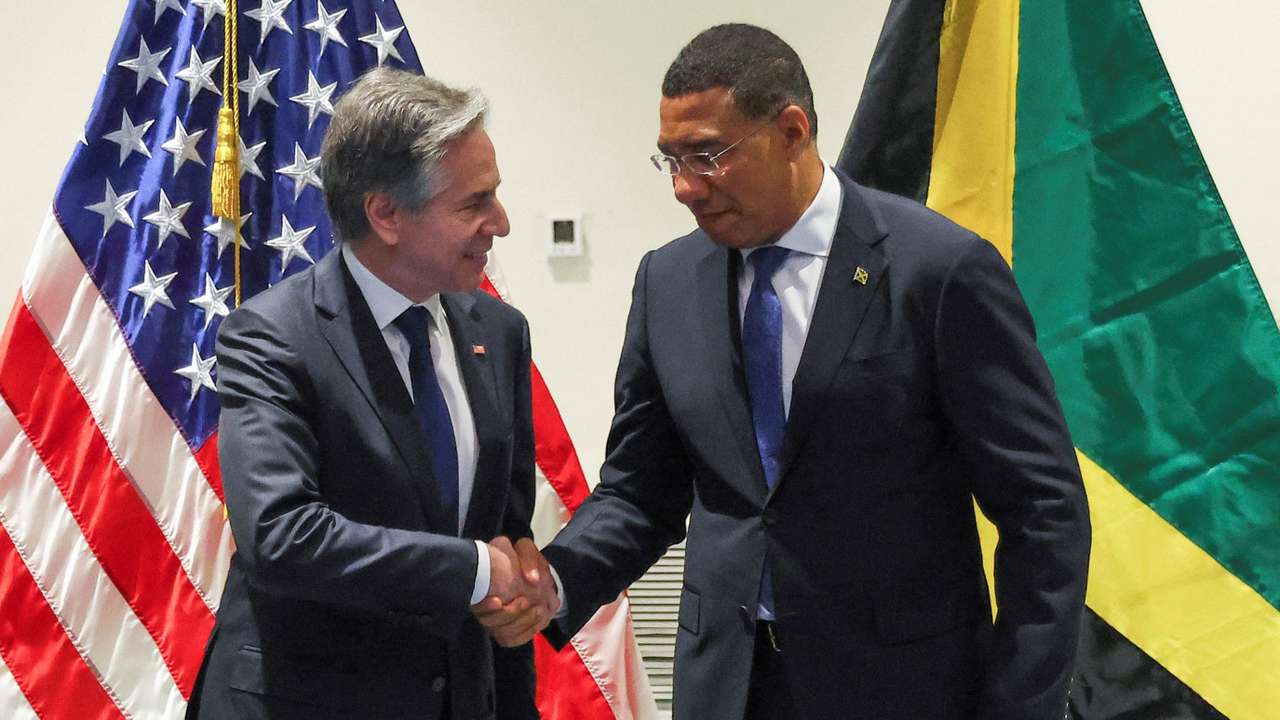Why the EU finally took Jamaica and Barbados off money laundering risk list

Jamaica and Barbados have been officially removed from the European Union’s list of high-risk third countries with deficiencies in anti-money laundering (AML) and counter-terrorism financing (CFT), marking a significant win for the Caribbean region after sustained diplomatic pressure.
The decision, confirmed on Wednesday, came just a day after Jamaican Prime Minister Andrew Holness used his platform as chair of the Caribbean Community (CARICOM) to publicly urge the EU to act swiftly on delisting both countries. “We have been actively advocating for such a decision, one that reflects the reality of the hard work we have undertaken to strengthen our financial systems,” Holness said in a post on X. “This is yet another demonstration of the strength of our partnership with the EU.”
Holness had raised the issue at the closing press conference of the 49th CARICOM Heads of Government meeting, citing the delay in implementation despite the EU Commission’s earlier recommendation in June. He criticised the European Parliament’s internal political divisions that had stalled the delisting, stressing that the delay was unfair to small developing nations that had met the required reforms “through great sacrifice, discomfort, and the cost to the people.”
Jamaica’s Foreign Affairs and Foreign Trade Minister Kamina Johnson Smith also hailed the EU’s decision as a step in the right direction for the country. In a virtual address to the European Parliament, she said, “We cannot overstate the significance of this decision... it is a clear indication of the Parliament’s willingness to respond positively to the needs and interests of small, vulnerable economies like Jamaica’s.”
Johnson Smith later emphasized that the outcome followed “joint and separate sustained advocacy” from both Jamaica and Barbados. “This is yet another signal of broad-based trust in our systems,” she said, noting that the move builds on Jamaica’s earlier removal from the Financial Action Task Force’s (FATF) grey list in 2023.
The removal from the EU’s list is expected to improve the financial reputations of both nations, easing international banking transactions and encouraging investment, especially across CARICOM economies. Holness concluded, “It may not materialise tomorrow that you will have an easier banking system, but over time, it will.”
This story is written and edited by the Global South World team, you can contact us here.